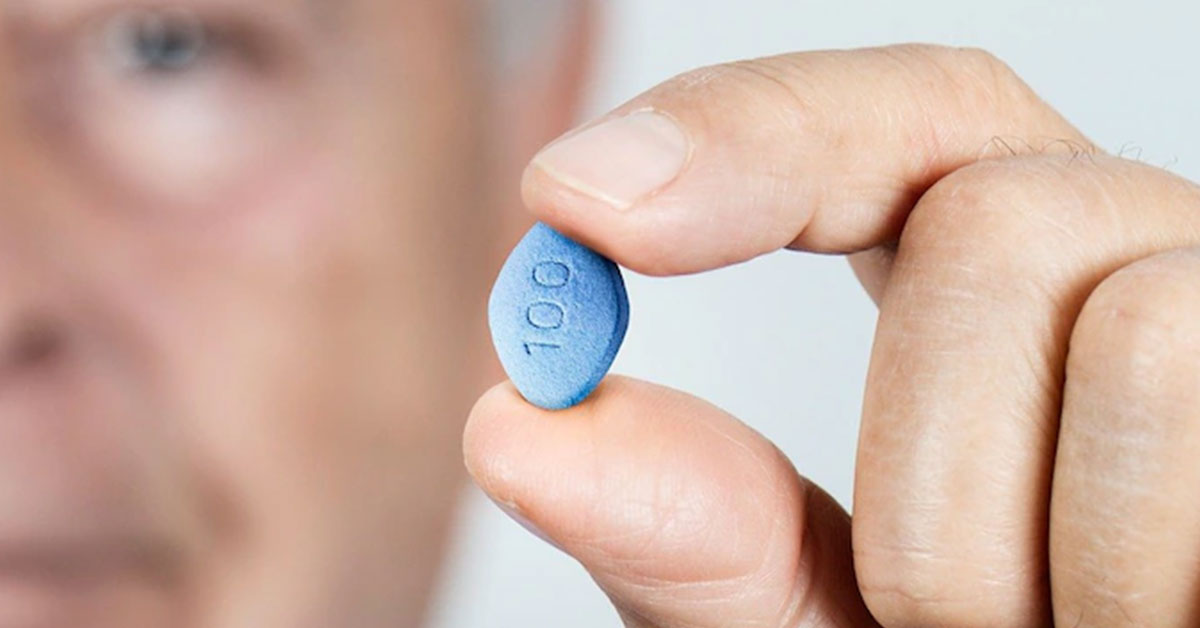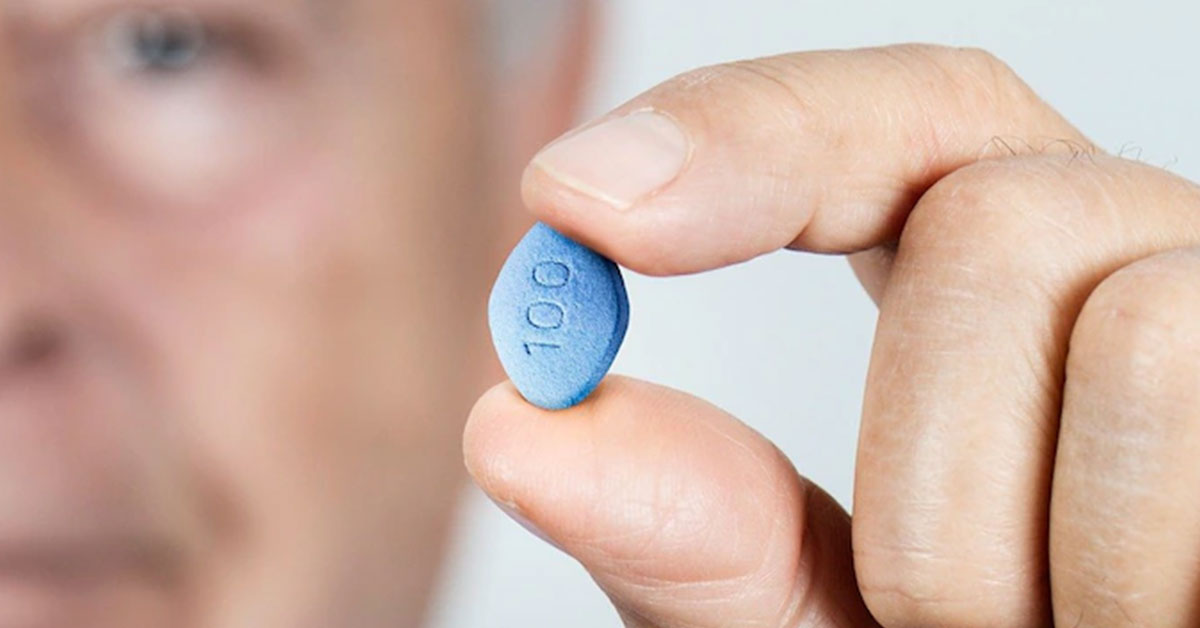Sexual health is a crucial aspect of overall well-being, affecting both physical and emotional health. Sexual dysfunction, a common issue for many, can significantly impact one’s quality of life and intimate relationships. Understanding how lifestyle choices influence sexual health and learning ways to overcome sexual dysfunction is essential for a fulfilling and healthy life.
Understanding Sexual Dysfunction
Sexual dysfunction refers to problems that prevent individuals from experiencing satisfaction from sexual activity. It can manifest in various forms, including reduced libido, erectile dysfunction in men, and arousal disorders or painful intercourse in women. These issues can arise from a combination of physical, psychological, and social factors.
The Role of Lifestyle in Sexual Health
Lifestyle choices play a significant role in sexual health. Factors such as diet, exercise, stress levels, sleep patterns, and substance use can either contribute to or help alleviate sexual dysfunction.
Diet and Nutrition
A balanced diet rich in vitamins and minerals is vital for maintaining sexual health. Nutrient deficiencies can lead to hormonal imbalances and reduced libido. Foods high in antioxidants, such as fruits and vegetables, improve blood circulation, which is crucial for arousal and erectile function. Omega-3 fatty acids, found in fish and nuts, support cardiovascular health, which is closely linked to sexual function.
Exercise and Physical Activity
Regular physical activity enhances blood flow, boosts energy levels, and reduces stress—all of which are beneficial for sexual health. Exercise helps maintain a healthy weight, which is important because obesity is linked to various sexual dysfunctions. Activities like yoga and Pilates can also improve flexibility, body awareness, and confidence, further enhancing sexual experiences.
Stress Management
Chronic stress can have a profound negative impact on sexual health. Stress increases the production of cortisol, a hormone that can inhibit sexual desire and performance. Effective stress management techniques such as mindfulness, meditation, and deep-breathing exercises can improve overall mental health and consequently, sexual health. Regular physical activity and adequate rest also play a role in reducing stress levels.
Sleep Patterns
Quality sleep is essential for maintaining hormonal balance and overall health. Sleep disorders or inadequate sleep can lead to fatigue, irritability, and decreased libido. Establishing a regular sleep routine, avoiding screens before bedtime, and creating a comfortable sleep environment can improve sleep quality and, by extension, sexual health.
Substance Use
Excessive consumption of alcohol, smoking, and drug use can significantly impair sexual function. Alcohol and drugs can alter neurotransmitter levels in the brain, affecting arousal and performance. Smoking, particularly, impedes blood flow, which is critical for erectile function. Reducing or eliminating these substances can lead to marked improvements in sexual health.
Psychological Factors and Sexual Dysfunction
Mental health is closely intertwined with sexual health. Conditions such as anxiety, depression, and low self-esteem can contribute to sexual dysfunction. Therapy and counseling can be beneficial in addressing these issues. Cognitive-behavioral therapy (CBT) and sex therapy, in particular, have shown effectiveness in treating sexual dysfunction by addressing the underlying psychological causes.
Communication and Relationships
Open communication with a partner is essential for a healthy sexual relationship. Misunderstandings, unresolved conflicts, and lack of intimacy can lead to sexual dysfunction. Building trust, expressing needs and desires, and exploring mutual interests can enhance intimacy and sexual satisfaction.
Overcoming Sexual Dysfunction: Practical Tips
Overcoming sexual dysfunction often requires a multifaceted approach, combining lifestyle changes, medical intervention, and psychological support.
Seeking Medical Advice
If lifestyle adjustments do not alleviate sexual dysfunction, seeking medical advice is crucial. Conditions such as diabetes, heart disease, and hormonal imbalances can contribute to sexual issues and require medical treatment. Medications like phosphodiesterase inhibitors (e.g., Viagra) can be prescribed for erectile dysfunction, while hormone therapy might be necessary for hormonal imbalances.
Pelvic Floor Exercises
For both men and women, strengthening the pelvic floor muscles can improve sexual function. Kegel exercises, which involve contracting and relaxing the pelvic floor muscles, can enhance control over arousal and ejaculation, and improve vaginal tone.
Use of Lubricants
For women experiencing vaginal dryness, using lubricants can reduce discomfort and enhance sexual pleasure. Opting for water-based or silicone-based lubricants can provide relief and make sexual activity more enjoyable.
Exploring New Activities
Introducing new activities or experimenting with different forms of intimacy can reignite sexual desire and satisfaction. This could include trying new positions, using sex toys, or engaging in role-playing scenarios.
Conclusion
Sexual health is an integral part of overall well-being, and lifestyle choices have a profound impact on sexual function. By adopting a healthy diet, engaging in regular physical activity, managing stress, ensuring quality sleep, and avoiding harmful substances, individuals can significantly improve their sexual health. Coupled with psychological support and open communication with partners, these lifestyle changes can help overcome sexual dysfunction and lead to a more fulfilling and satisfying intimate life.










